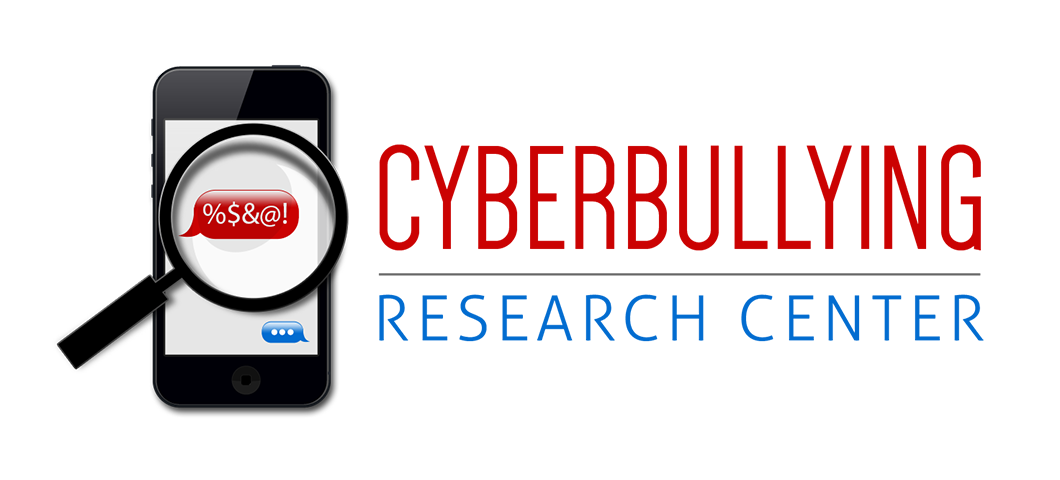
Findings from a new content analysis of MySpace profiles were released yesterday – something of keen interest to us as we’ve written empirical articles and presented extensively on the use of that social networking site by youth. The study is methodologically sound and well done, overall. The researchers found that over half (54%) of 500 profiles created by self-reported 18-year-olds contained “references” to “risky behaviors” in words and photos, including sexual behaviors (24%), substance use (41%), and violence (14%).
More specifically, they found 37% of profiles owned by 18-year-olds referenced alcohol use, 13% referenced tobacco use, and 10.2% referenced drug use. I find these numbers incredibly high.
In our own research of youth (17 years of age and younger) based on data from the summer of 2007 (the same time the other study was published), we found 13.8% referenced alcohol use, 4.3% referenced tobacco use, and 2.0% referenced marijuana use . We have a paper being published in the near future that will elaborate on these findings – if you want a copy, just let us know.
I can’t imagine that once a person turns 18, they start rapidly modifying their profile to include more of these references to risky behaviors. So, I don’t understand how their numbers are so high.
In our own research, we also found that teens seem to be moving in a direction of restricting access to their information and being more wise about what they are posting online (i.e., less frequently posting references to risky behaviors) – irrespective of any intervention. That is just the general trend.
The lives of these individuals is definitely important, and I agree with the article that MySpace can be used for health promotion since these individuals are displaying risk behaviors on the site. I’m curious, though, whether this is any different from the risk behaviors they talk about in person, out loud, to friends or acquaintances. Young adults often joke about and discuss these matters constantly when they are hanging out – and it’s not clear if they are just words or if they are definitely indicative of actual participation in the behaviors. I have to approach these findings with the same perspective. Furthermore, these individuals are legal adults (18 years of age), and would seemingly feel completely free to joke about and discuss these matters on their profile page because educational initiatives about safe and responsible use of social networking sites have not really targeted adults. Again, the purpose of the article is to point to how MySpace might serve as a venue for promoting positive behaviors among a population. I just want to make sure that consumers of this research do not misinterpret the findings. Adults referencing risky behaviors (such as these) in person or online is to be expected and not out of the ordinary, and not dependent in any way on MySpace or any other social networking site.








I heard Justin yesterday on the CyberHoodWatch. Excellent interview. I've posted here a few times but want to chime in here as well…
I’ve read several stories and blog posts on this new study and I have to chime in. I feel that a lot of folks are missing the point here. It’s not that kids are talking about these issues – it’s that they are doing so on a PUBLIC STAGE (after all, that is what social networking sites and the web in general are – don’t fool yourself about being “private”). Say what you want about the study and the way it was conducted – it shows one thing: teen stupidity is now happily broadcast online. I did a lot of dumb stuff as a kid, but I certainly never talked about it on such a public platform. To do so is just furthering the stupidity. That’s what the study was about – not that they are doing these things, but more so that they are then bragging about it to the world. You want a good example? How about the KFC sinkbath trio? Now, that didn’t involve alcohol, sex or drugs, but same principle. Stupid teenage stunt broadcast on web results in being fired.
That’s the point. Now my pitch: duh – this is where parents come in… At a younger age, kids need to start being drilled with cyberethics (a new term I love). And it’s up to parents. But how can parents effectively talk to their kids if they don’t know what they do online, who they talk to, and – what is being considered more and more important – how they represent themselves. That’s where monitoring software like our PC Pandora comes into play. Check us out. Please. See how we can help you be an effective 21st century parent. http://www.pcpandora.com
Thanks!
Battlefront campaigner Al Henderson has a hilarious new video for his anti cyber-bullying campaign. Check it out at http://uk.youtube.com/watch?v=oANijY8TmDY and get involved!
This is interesting.
Many of these individuals seek friendships/companionship online to fill the void that is missing in there personal life, correct? If that is the case, then they may also be trying to show everyone that they are "normal," or "cool" too- even though it is not. The saying, "everyone is doing it," may still follow through online, they want to be "normal," or "cool" to blend in like everyone….A whole fresh start?